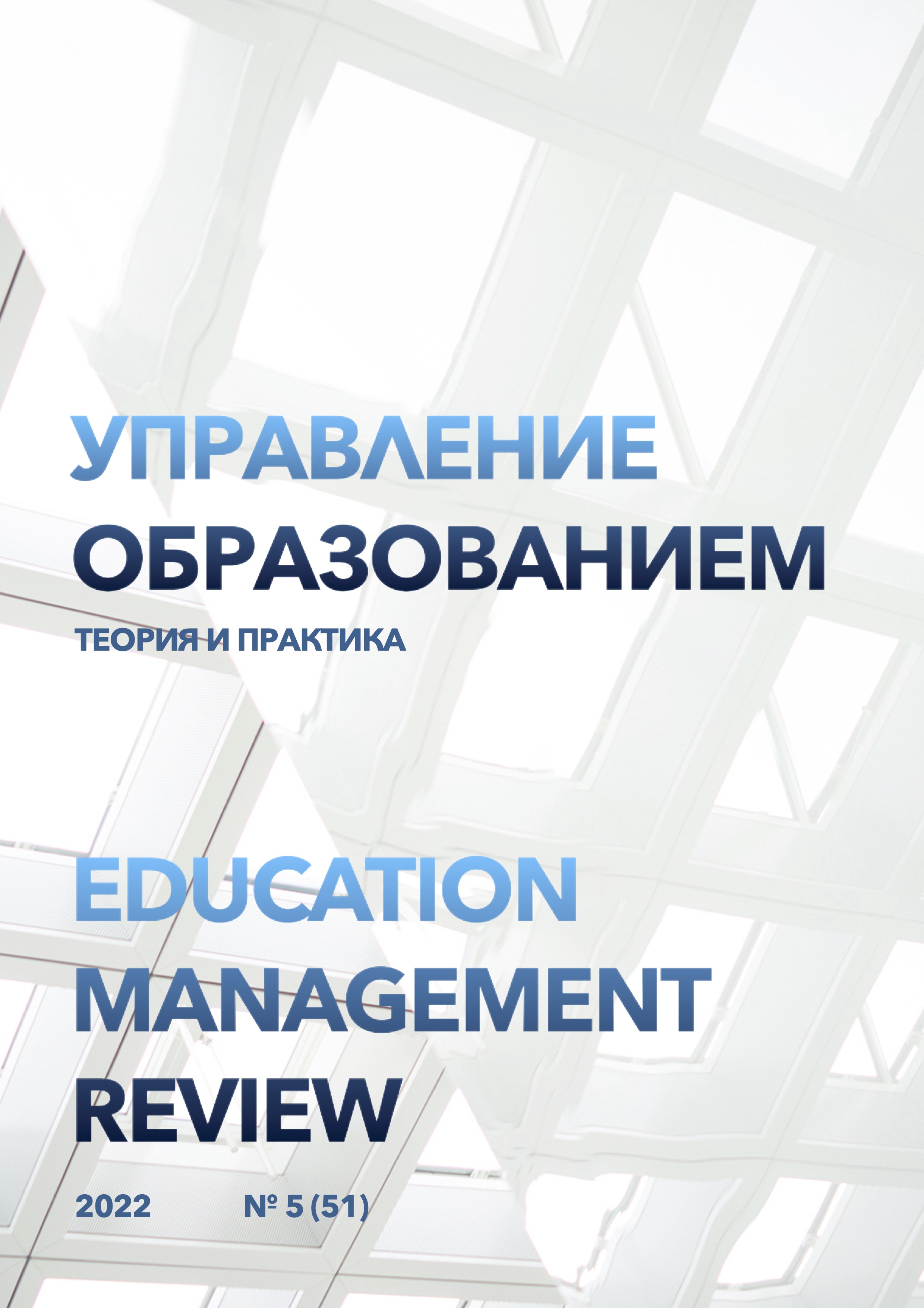Опытно-экспериментальная работа по развитию логического мышления у обучающихся 2-го класса
DOI:
https://doi.org/10.25726/j6456-0499-2573-yКлючевые слова:
логическое мышление, младшие школьники, развитие, диагностические методики, методы развития, операции логического мышления (анализ, синтез, классификация, обобщение, сравнение)Аннотация
Исследования в области развития логического мышления школьников свидетельствуют о том, что основными задачами по обучению в школе становятся: развитие у учащихся навыков выполнения логических операций, овладение приемами логического мышления, а так же использование их на практике. Проблема развития логического мышления у младших школьников так же отражена в нормативно правовых документах. ФГОС НОО Приказ Минобрнауки России от 06.10.2009 N 373 (ред. от 11.12.2020), выдвигает следующие требования к начальному образованию: «Овладение логическими действиями сравнения, анализа, синтеза, обобщения, классификации по родовидовым признакам, установления аналогий и причинно-следственных связей, построения рассуждений, отнесения к известным понятиям». В данной статье описываются получение результаты в ходе проведенной опытноэкспериментальной работы на базе 2 класса МОУ СОШ № 22 п. Беркакит. Приведены диагностические методики, направленны на выявление уровня развития логического мышления у детей младшего школьного возраста, приведено составленное нами на основе обобщения педагогического опыта практиков образования РФ и РС (Я) календарно тематическое планирование составленной нами программы.
Библиографические ссылки
Баракина Т.В. Возможности изучения элементов логики на уроках математики и информатики в начальной школе // Начальная школа плюс до и после. 2009. № 4. С. 33–37.
Белошистая А.В. Развитие логического и алгоритмического мышления младшего школьника // Начальная школа плюс до и после. 2006. № 9. С. 15.
Библиографическая ссылка. Федеральный государственный образовательный стандарт начального общего образования. Городской методический центр, 2015. https://mosmetod.ru/metodicheskoe-prostranstvo/uchebnaya-literatura/normativnye-dokumenty/prikazminobrnauki-rossii-ot-6-oktyabrya-2009-g-373.html
Дереклеева Н.И. Справочник классного руководителя. Начальная школа. 1–4 классы. М.: ВАКО, 2014. 240 с.
Логические игры и задачи на уроках математики. Популярное пособие для родителей и педагогов / А.П. Тонких, Т.П. Кравцова, Е.А. Лысенко и др.; Ярославль: Академия развития, 1997. 240 с.




